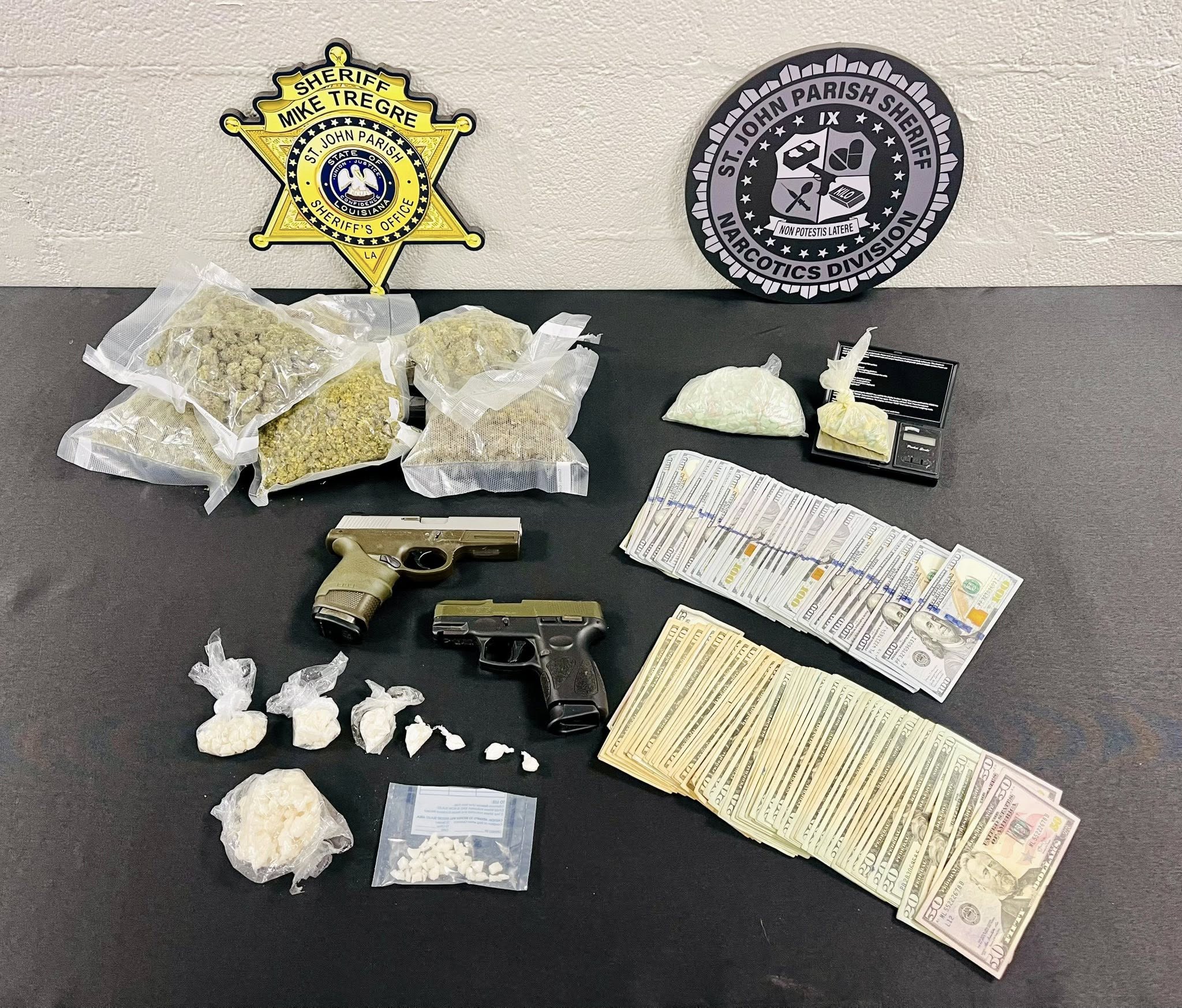Louisiana officials announce insurance reforms in advance of session
Published 2:21 am Saturday, April 8, 2023
(The Center Square) — Long-term solutions to Louisiana’s homeowner insurance crisis will include funding for fortified roofs and legal reforms aimed at cracking down on bad actors, officials announced Tuesday.
Louisiana Insurance Commissioner Jim Donelon held a news conference on Tuesday with Senate Insurance Committee Chairman state Sen. Kirk Talbot, R-River Ridge, and House Insurance Committee Chairman state Rep. Mike Huval, R-Breaux Bridge, to preview legislative priorities for 2023.
Donelon said he’s working with lawmakers to secure funding for a Louisiana Fortify Homes Program approved in the prior legislative session that would allow homeowners to apply for grants to retrofit roofing to higher standards.
Huval, who sponsored the legislation creating the program, explained that it will not cover the costs of permits or inspections, and comes with some eligibility requirements, but “the grants will cover the costs” of the roof work itself.
“We plan on asking for $20 million in the budget,” Huval said, adding that he expects the program to launch quickly once the funding is approved.
Lawmakers will also propose legislation to mandate insurance companies provide a premium discount for homes that retrofit roofs to comply with the fortified home or fortified commercial standards.
Other reforms center on preventing unscrupulous companies from taking advantage of homeowners by taking over claims to file frivolous lawsuits on their behalf. That issue was recently addressed by Florida lawmakers and is now spilling into Louisiana, where a Texas firm is “fraudulently representing several hundred homeowners in claims,” Donelon said.
“The federal courts in southwest Louisiana and in the southeast corner of the state have taken that law firms to task significantly in recent days,” he said.
The practice, Donelon said, drives up rates and reduces options in the insurance market.
“While we are not copying what Florida did legislatively, we are taking the lead in an effort to introduce several legal and claims process reforms that should strengthen our market for the long term,” he said.
Legislation sponsored by Huval would establish timeframes for various steps in the claims process, and would allow insurers to require a sworn proof of loss statement and establish a two-year statute of limitations for policyholders to seek penalties and attorney fees for untimely payment of claims.
Other proposed bills would exempt Louisiana Citizens, the state’s insurer of last resort, from bad faith policies and penalties, and prevent homeowners from signing over their benefits to third parties without their insurer’s approval.
“Assignment of benefits has been used by bad actors to commit insurance fraud,” Donelon said.
Yet another proposed reform would disallow insurers from preventing homeowners from asking a public adjuster for a second opinion on damages. A final bill would create a “clearer and fairer” framework for the appraisal process to determine the amount of losses, which involves setting qualifications and duties for appraisers and umpires and prohibiting one-sided communication with those involved.
“This package … is the most ambitious reforms we’ve attempted to achieve in my 17 years as insurance commissioner,” Donelon said.
The commissioner also highlighted progress with luring insurance companies to the state through the Insure Louisiana Incentive Program, which received eight applications for funding. Lawmakers approved $45 million that will be leveraged through grants to draw $170 million in new premiums, with half to be written in south Louisiana.
“I anticipate we will see 40,000 policies come out of Citizens by the end of the program’s first year, and 50,000 additional new policies written during that time” he said.
Talbot said lawmakers will seek about $20 million in additional funding for the program to meet demand.
“That should translate into … about $250 million in premiums written in Louisiana, and I think 50% of that will be written below I-10 or I-12,” Talbot said.





